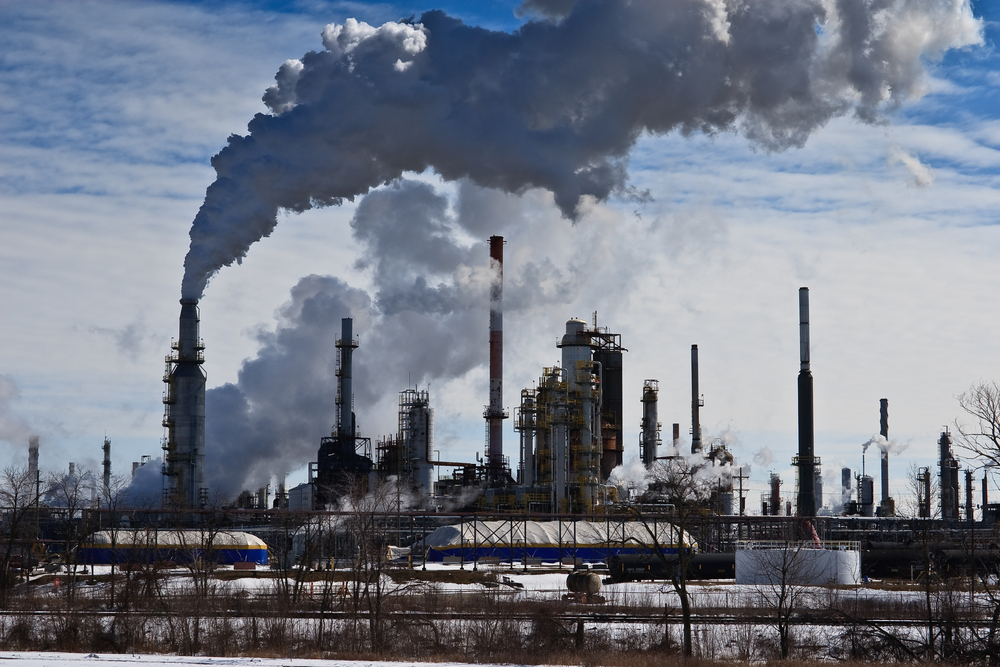A new data from from the charity ActionAid. has shown that more than $650bn (£494bn) a year in public subsidies goes to fossil fuel companies, intensive agriculture and other harmful industries in the developing world.
According to the data, the subsidies entrench high greenhouse gas emissions and are fuelling the destruction of the natural world.
Developed countries are also actively subsidising such harmful activities. The UK, for instance, devotes about $7.3bn a year to effective subsidies for fossil fuels. Taken altogether, the sums involved in the developing world would be enough to pay for the education of all children in sub-Saharan Africa three and a half times over, each year.
By contrast, developing countries are receiving only a fraction of those sums in climate finance, which would help them to move away from dirty and polluting industries towards a clean and low-carbon economy. Renewable energy projects in the developing world are receiving 40 times less than the fossil fuel sector, the analysis found.
Subsidies for dirty industries and intensive agriculture have for decades been one of the most intractable obstacles to shifting the global economy to a low-carbon footing. The International Energy Agency, the International Monetary Fund, the World Trade Organisation and other institutions have repeatedly called for a reduction in these subsidies.
Read also: UK food firms urged to do more to reduce ‘staggering’ emissions
However, some of them are used to benefit the poor or to soften the blow of price rises or other shocks. That was the case in recent years in the UK when energy prices rose, prompting the government to help households with an energy price guarantee. Other countries made similar moves, which, ironically, along with the soaring prices helped fossil fuel companies to an unprecedented bonanza, much of which is being re-invested in new oil and gas exploration instead of clean and renewable energy.
But in many countries, subsidies are directed towards industries regarded as politically important, or which have powerful lobbies.
ActionAid analysts, describing their findings in a report entitled How the Finance Flows: Corporate capture of public finance fuelling the climate crisis in the global south, published on Wednesday, said many of the subsidies were owing to “corporate capture” of the government and public institutions.
“This report exposes wealthy corporations’ parasitic behaviour,” said Arthur Larok, the secretary general of ActionAid International. “They are draining the life out of the global south by siphoning public funds and fuelling the climate crisis.”
But he blamed governments in rich countries too. “Sadly the promises of climate finance by the global north are as hollow as the empty rhetoric they have been uttering for decades,” he said. “It is time for this circus to end. We need genuine commitments to ending the climate crisis.”
ActionAid also found it was not necessary for developing countries to adopt the high-carbon and intensive agricultural practices that have destroyed nature and created the climate crisis, as developing countries could move swiftly to a low-carbon model that would still enable them to grow and prosper.
Story was adapted from the Guardian.
